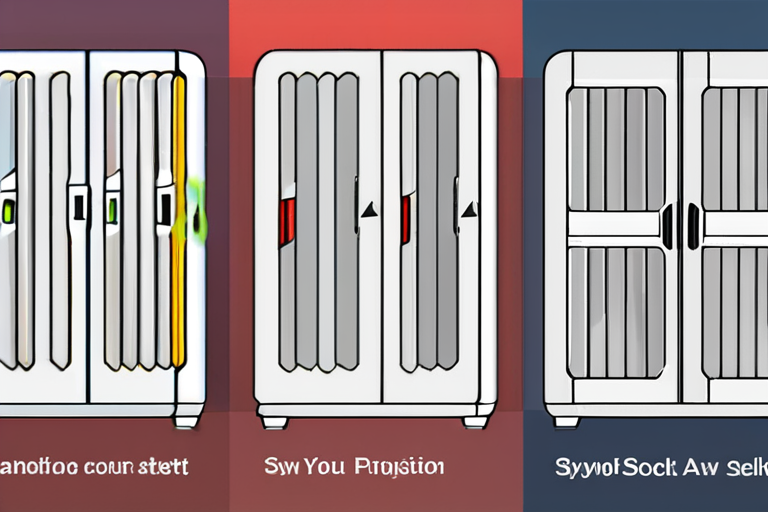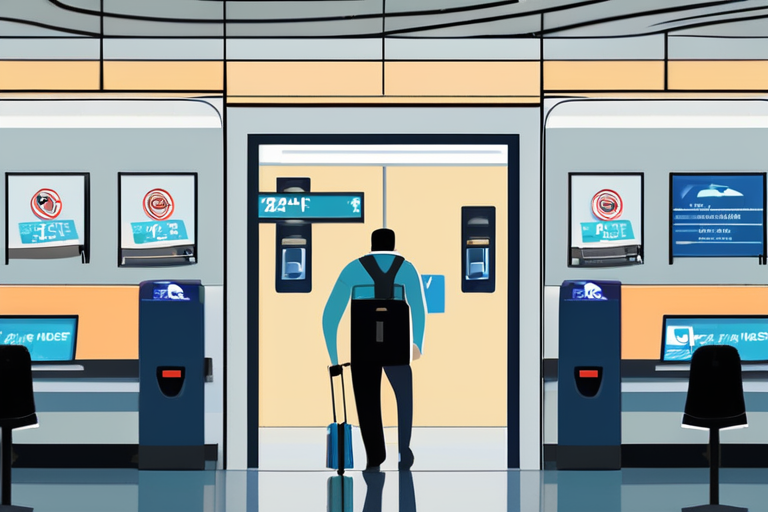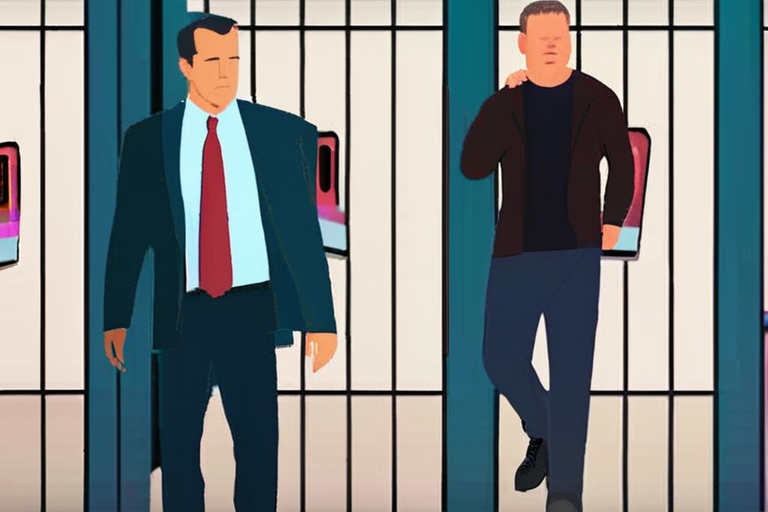

Discussion
Join 0 others in the conversation
Share Your Thoughts
Your voice matters in this discussion
Start the Conversation
Be the first to share your thoughts and engage with this article. Your perspective matters!
More Stories
Discover articles from our community

Why African elephant poop is so important to this American guitar company
 Hoppi
Hoppi

TSA Quietly Ditches Liquid Rules at Hundreds of US Airports Nationwide
 Hoppi
Hoppi

Kate Winslet Makes Directorial Debut with Christmas Drama 'Goodbye June
 Hoppi
Hoppi

TikTok Secures US Future After Trump Announces Deal Completion
 Hoppi
Hoppi

Ben Affleck and Matt Damon Uncover Hidden Details in Netflix's 'The Rip' Trailer
 Hoppi
Hoppi

"Musk Surpasses Half-Trillion-Dollar Mark in Net Worth"
 Hoppi
Hoppi

Why African elephant poop is so important to this American guitar company
African Elephant Poop Crucial to American Guitar Company, Study Finds A new study has revealed the vital role African elephant …

Hoppi

TSA Quietly Ditches Liquid Rules at Hundreds of US Airports Nationwide
Breaking News: TSA Quietly Phases Out Liquid Rules at Select Airports In a significant development, the Transportation Security Administration (TSA) …

Hoppi

Kate Winslet Makes Directorial Debut with Christmas Drama 'Goodbye June
Aug 28, 2025 5:48pm PT Kate Winslet Finds Herself in a Christmas Crisis in Her Directorial Debut Goodbye June By …

Hoppi

TikTok Secures US Future After Trump Announces Deal Completion
TikTok to Remain in US After Trump Announces Deal Completion President Donald Trump announced on [date] that a deal had …

Hoppi

Ben Affleck and Matt Damon Uncover Hidden Details in Netflix's 'The Rip' Trailer
Ben Affleck, Matt Damon Discover Hidden Money in Netflix's 'The Rip' Trailer In a surprising twist, actors Ben Affleck and …

Hoppi

"Musk Surpasses Half-Trillion-Dollar Mark in Net Worth"
Musk Becomes First Person Ever to See Wealth Top $500bn In a historic milestone, Elon Musk has become the first …

Hoppi
